Cats are mysterious creatures, and their nighttime antics often leave owners frustrated and sleep-deprived. If your cat’s midnight yowling has you searching for answers, you’re not alone. This behavior is far from random—it’s a form of communication rooted in instinct, health, or environmental triggers. Below, we break down the seven most common reasons cats vocalize at night and provide actionable solutions to restore peace to your household.
1. Hunger or Thirst
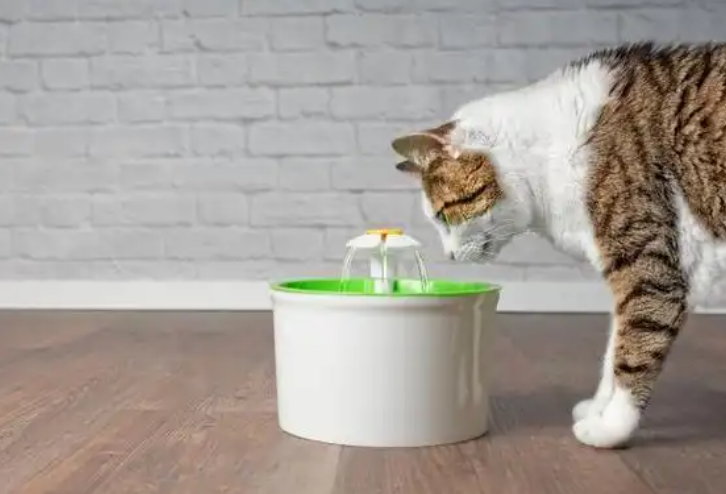
Cats have small stomachs and fast metabolisms, making them prone to hunger pangs during long overnight hours. If their food or water bowls are empty, they’ll vocalize to demand a refill. This is especially common in households with strict feeding schedules.
Solution:
Use an automatic feeder to dispense a small portion of kibble late at night.
Keep fresh water available in multiple locations. Avoid placing bowls near loud appliances, as cats prefer quiet drinking spots.
2. Attention-Seeking Behavior
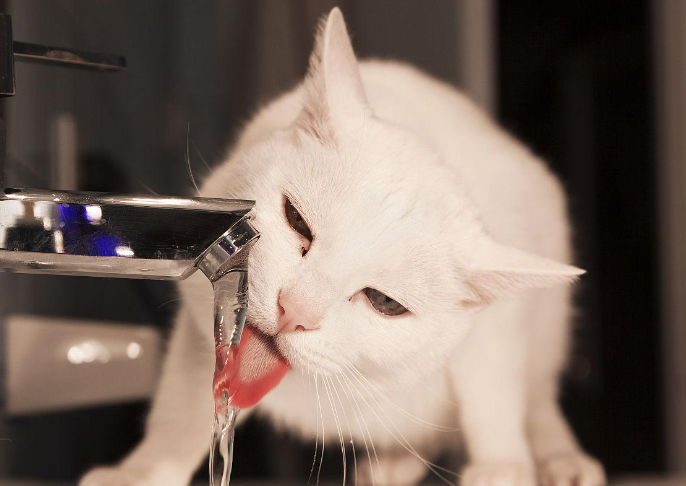
Cats thrive on interaction. If they’re bored or understimulated during the day, they’ll resort to nighttime theatrics to engage you. This is common in single-cat households or with breeds like Siamese, which are naturally vocal.
Solution:
Dedicate 15–20 minutes of playtime before bed using feather wands or laser pointers to tire them out.
Leave puzzle toys or treat-dispensing balls to keep them occupied.
3. Mating Instincts (Heat Cycles)

Unspayed females and unneutered males will yowl to attract mates. Female cats in heat produce loud, prolonged cries, while males may spray urine or roam. These behaviors peak during breeding seasons (spring and summer).
Solution:
Spay/neuter your cat by 6 months old to eliminate hormone-driven behaviors.
If surgery isn’t immediate, confine the cat to a soundproofed room at night to minimize disruptions.
4. Cognitive Decline in Senior Cats
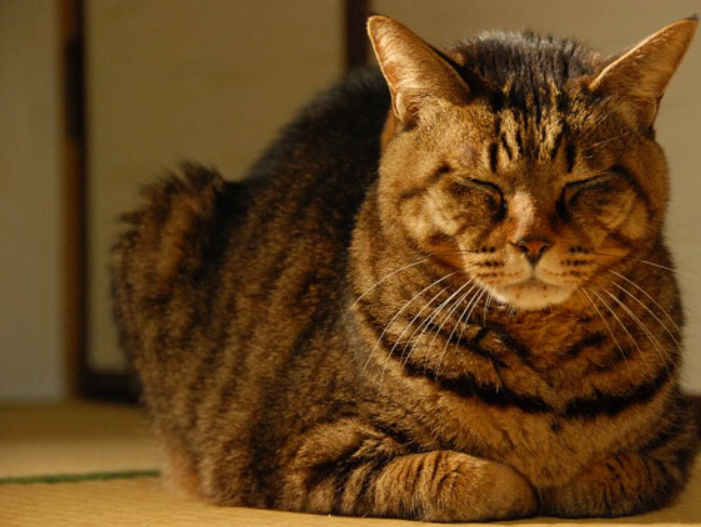
Aging cats (11+ years) often develop feline cognitive dysfunction, akin to dementia. They may yowl due to confusion, disorientation, or reduced night vision.
Solution:
Install nightlights to help them navigate dark spaces.
Consult your vet about supplements like omega-3 fatty acids or medications to slow cognitive decline.
5. Environmental Stressors
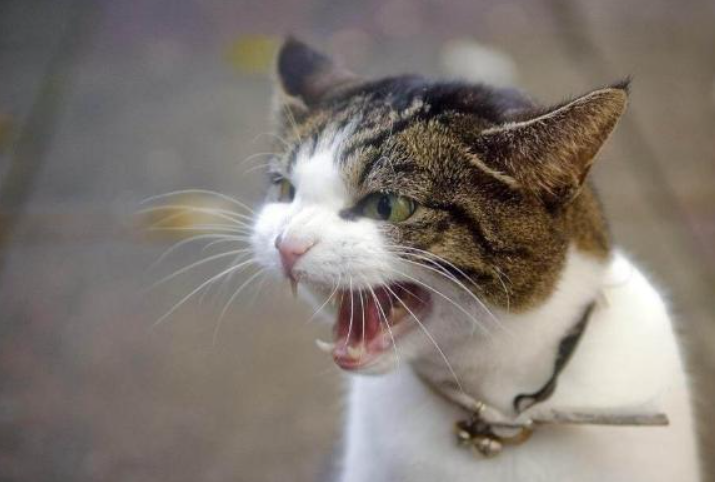
Changes like moving homes, new pets, or construction noise can trigger anxiety. Cats are territorial and may vocalize to assert control or express discomfort.
Solution:
Create a “safe zone” with their bed, toys, and an unwashed shirt carrying your scent.
Use Feliway diffusers to release calming pheromones.
6. Undiagnosed Medical Issues
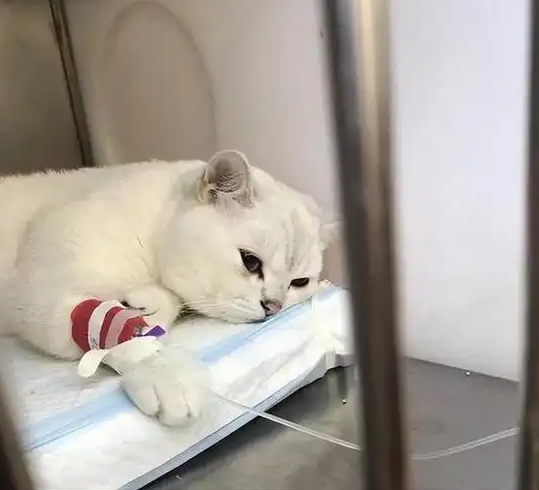
Persistent yowling can signal pain from conditions like hyperthyroidism, arthritis, or urinary blockages. Sudden behavioral changes warrant immediate vet attention.
Solution:
Schedule a vet visit to rule out dental pain, gastrointestinal issues, or infections.
Monitor for symptoms like limping, litter box avoidance, or appetite loss.
7. Natural Nocturnal Instincts
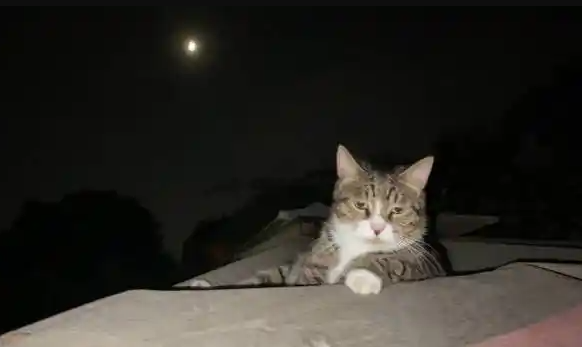
Cats are crepuscular—most active at dawn and dusk. Indoor cats with pent-up energy may “night hunt,” treating shadows or rustling curtains as prey.
Solution:
Mimic natural hunting cycles by feeding protein-rich meals at sunset.
Install cat shelves or window perches for daytime stimulation.
Final Tips for Quiet Nights
Consistency is key: Maintain fixed feeding and play schedules.
Avoid reinforcing noise: Ignore attention-seeking yowls and reward quiet behavior with treats.
Soundproof sleeping areas: Use white noise machines to drown out minor meows.
By addressing the root cause of your cat’s nighttime vocalizations, you’ll strengthen your bond and reclaim your sleep. Remember: patience and observation are your best tools in decoding your feline’s mysterious language.


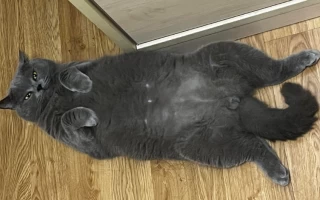
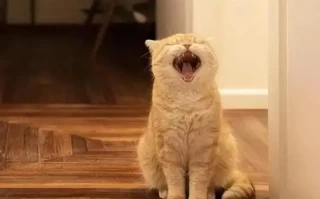
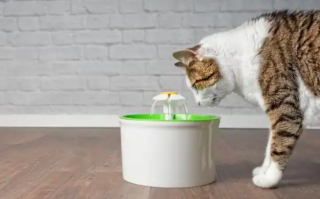

No comments yet, come on and post~